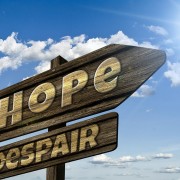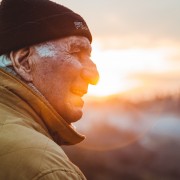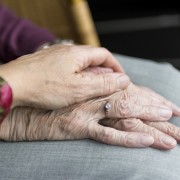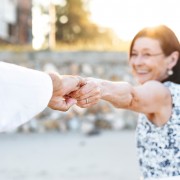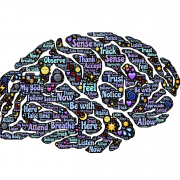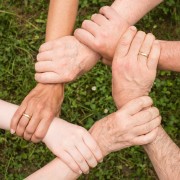Depression & Aging
Depression is one of the most common mental health disorders affecting 7% of adults in the United States in any given year. According to the World Health Organization, it is the leading cause of worldwide disability. Men and women may experience depression differently. Women are affected twice as often, however men are more prone to suicide as a result of depression. In this article we’ll discuss more about depression and aging.
Is It Sadness Or Depression?
Everyone has felt depressed due to circumstances in their life. However, for most people, this sadness is temporary. Depression is more than just feeling sad or blue due to a circumstance. It is a common but serious mood disorder that needs treatment. Depression is accompanied with severe symptoms that affect how a person feels, thinks, and function in day to day life.
Clinical depression, or major depressive disorder, is relatively long-lasting, can get worse over time, and significantly interferes with a person’s daily activities. A common misperception is that depression is a sign of weakness or a character flaw that someone should be able to snap themselves out of. However, most people who experience depression need support or treatment to get better.
Depression & Aging
Depression is a common problem among older adults, but it is NOT a normal part of aging. In fact, studies show that most older adults feel satisfied with their lives, despite having more illnesses and physical challenges.
However, important life changes happen as we get older and typically can cause feelings of uneasiness, stress, anxiety or sadness. Examples include:
- The death of a loved one
- Moving into a senior living community
- Dealing with a serious illness
- Retirement
- Children moving away
- Changing roles within a family
- Experiencing isolation
- Loss of productive and purposeful work/activity
Signs Of Depression With Aging
Signs of depression can include the following:
- Persistent sad, anxious, or “empty” mood
- Feelings of hopelessness, guilt, worthlessness, or helplessness
- Irritability, restlessness, or having trouble sitting still
- Loss of interest in once pleasurable activities, including sex
- Decreased energy or fatigue
- Moving or talking more slowly
- Difficulty concentrating, remembering, making decisions
- Difficulty sleeping, early-morning awakening, or oversleeping
- Frequent crying
- Eating more or less than usual, usually with unplanned weight gain or loss
- Thoughts of death, suicide, or suicide attempts
- Aches, pains, headaches, cramps, or digestive problems without a clear physical cause that do not ease with treatment
If you have a combination of these signs persisting for more than 2 weeks, you could be suffering from depression.
Depression In Older Adults
Depression in older adults may be difficult to recognize because often sadness is not the main symptom. Elders may have other, less obvious symptoms of depression and may not be willing to talk about their feelings.
Signs Of Depression In Older Adults
Some of the more common signs of depression in older adults can include the following:
- Feeling tired
- Trouble sleeping
- Seeming irritable or grumpy
- Confusion
- Attention problems
Older adults may be taking medications with side effects that contribute to depression or have medical conditions, such as heart disease, stroke, or cancer, which may cause symptoms.
Vascular Depression
With older adults who experience depression for the first time later in life, the depression can be related to changes that occur in the brain and body. Older adults may suffer from restricted blood flow and over time, vessels may stiffen and prevent the blood from flowing normally to the body’s organs, including the brain.
When this happens, an older adult with no family history of depression may develop what is sometimes called “vascular depression” due to lack of oxygenation. Those with vascular depression are also typically at risk for heart disease, stroke, or other vascular illness.
Orchard at Athens seeks to prevent depression for residents through education, collaboration, and encouraging activities for the body, mind and spirit. Transitional counseling, private therapy, support groups, assessment, and medical treatment are all available should depression be of concern. For more information please contact us.

